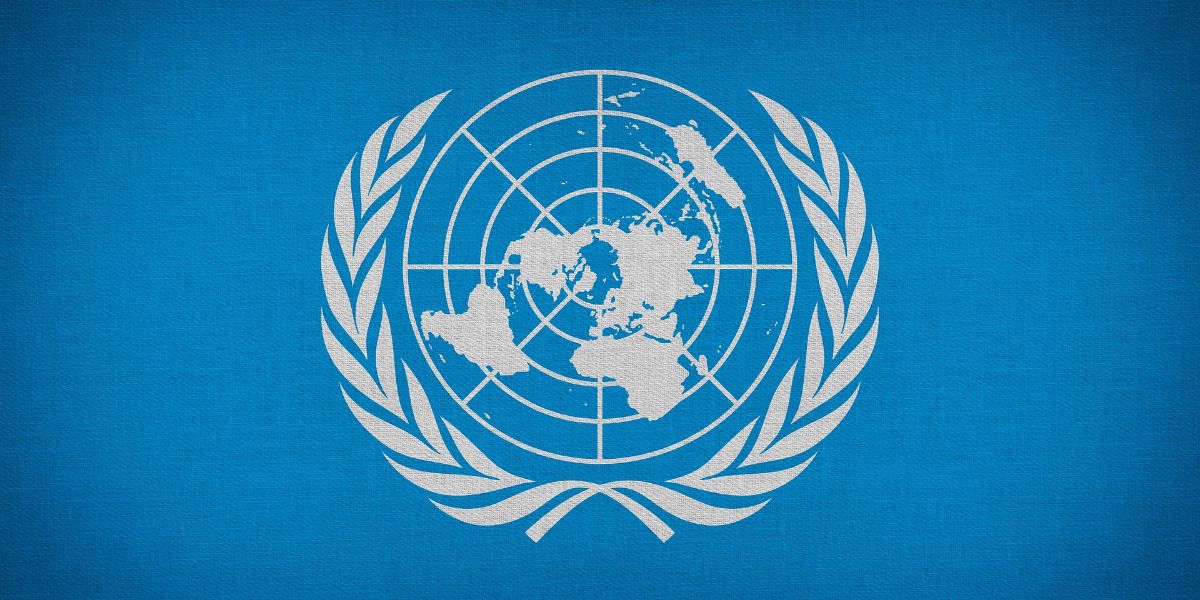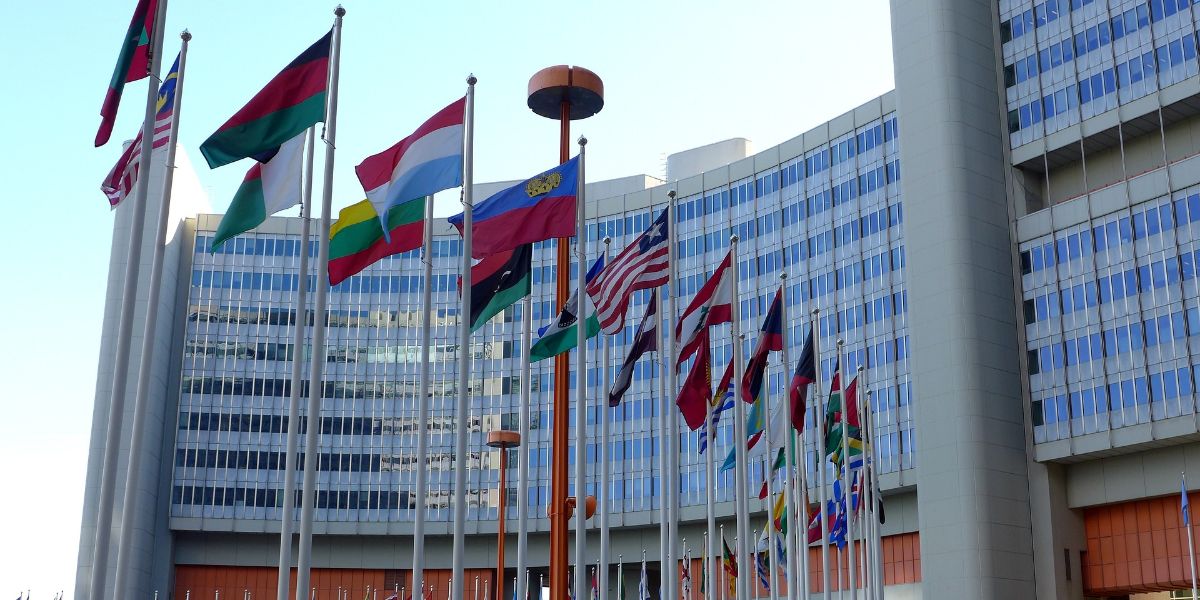At the meeting of the UN Committee of Experts on International Cooperation in Tax Matters from 18 to 21 October 2022 the Subcommittee on increasing tax transparency reported on its work program.
The Subcommittee was formed to consider ways to increase tax transparency in developing countries. The Subcommittee aims to identify gaps in the work done by other forums on exchange of information in developing countries and identify the challenges faced in implementing international standards, putting forward solutions where possible. The Subcommittee is also responsible for exploring ways to provide technical support to developing countries to address the challenges of tax transparency.
At its meetings in 2022 the Subcommittee discussed the feedback received from a questionnaire sent to countries participating in the UN work. A report was issued to the UN tax committee reflecting the outcome of its discussions.
Practical issues for examination
Paragraph 1 of Article 26 (Exchange of Information) of the UN Model provides for the competent authorities to exchange such information as is foreseeably relevant for carrying out the provisions of the tax treaty for to the administration or enforcement of the domestic laws of the Contracting States. Work can be done on resolving the different interpretations of the words “foreseeable relevant” to ensure that jurisdictions requesting information are not refused their request because their interpretation of “foreseeably relevant” differs from that of the jurisdiction the information is requested from.
The Subcommittee could also look at:
- possible changes to the time limit on making a request for exchange of information.
- exchange of information for non-tax purposes or for obtaining information on global chains.
- expanding Country-by-Country-Reporting to allow it to be on request (in addition to the current arrangements for automatic exchange of reports).
Gaps in standards on transparency and information exchange
There are still problems in the use of the information exchanged. The wider use of information exchanged under exchange of information (EOI) provisions, such as its use for non-tax purposes including the fight against financial crimes, is not possible in some countries owing to their local legislation. In the case of requests for banking information, the safeguards included in the local laws of some countries do not allow the timely exchange of the information. Where there are agreements for the exchange of Customs information, the documentation can only be used for Customs purposes and cannot be used for goals related to tax transparency.
The current standards on EOI need to be updated for the developments related to digitalisation of the global economy.
Guidance currently available
The current guidance does not take into account the differences in infrastructure to enable the exchange of information; and does not allow for differences in the level of the legislative framework in place. Another problem is the need to translate the guidance into more languages to make it more accessible.
In the case of developing countries, more detailed guidance is required on the steps required in the process of moving from the exchange of information on request to automatic exchange of information.
Challenges in implementation
The challenges identified by jurisdictions in implementing the standards on transparency and EOI include problems with availability of ownership information, accounting information and banking information for trusts or partnership entities. There are also problems around information on beneficial ownership.
Countries may not have a unit within the administration dealing with the exchange of information, and not many people may have the training to deal with information exchange. There may also be problems in making the investments into the appropriate security safeguards.














